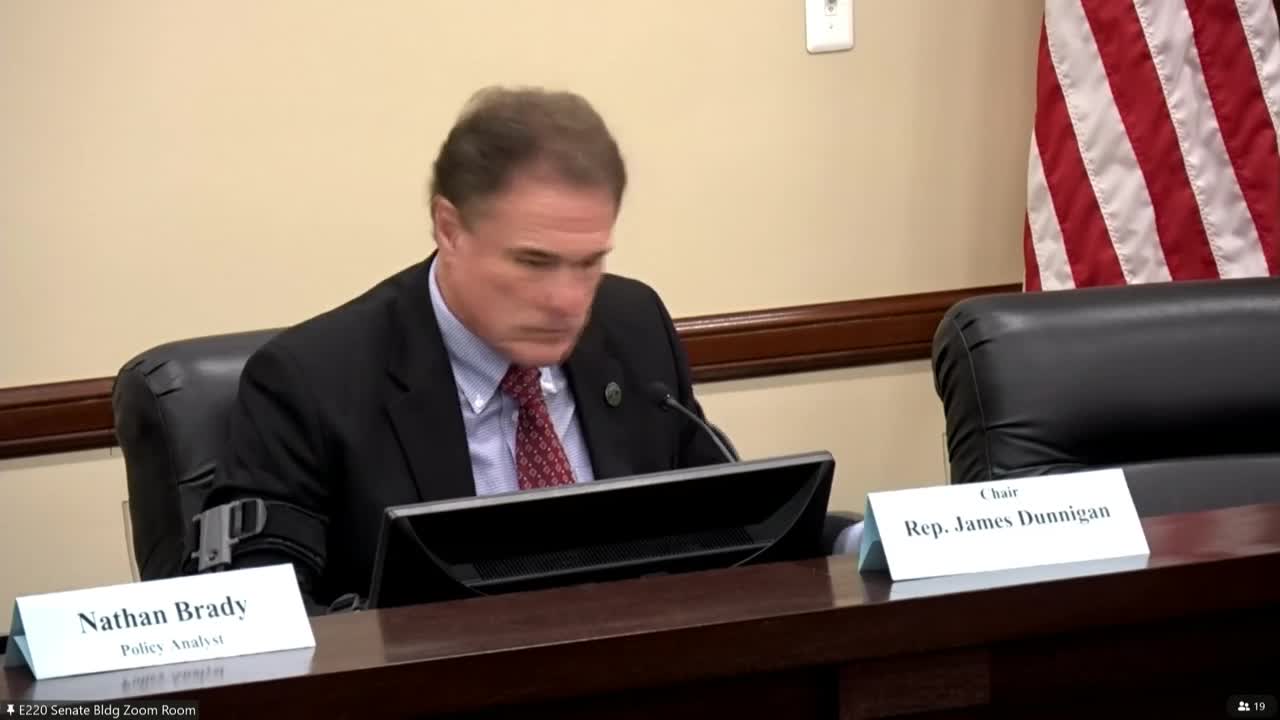Article not found
This article is no longer available. But don't worry—we've gathered other articles that discuss the same topic.
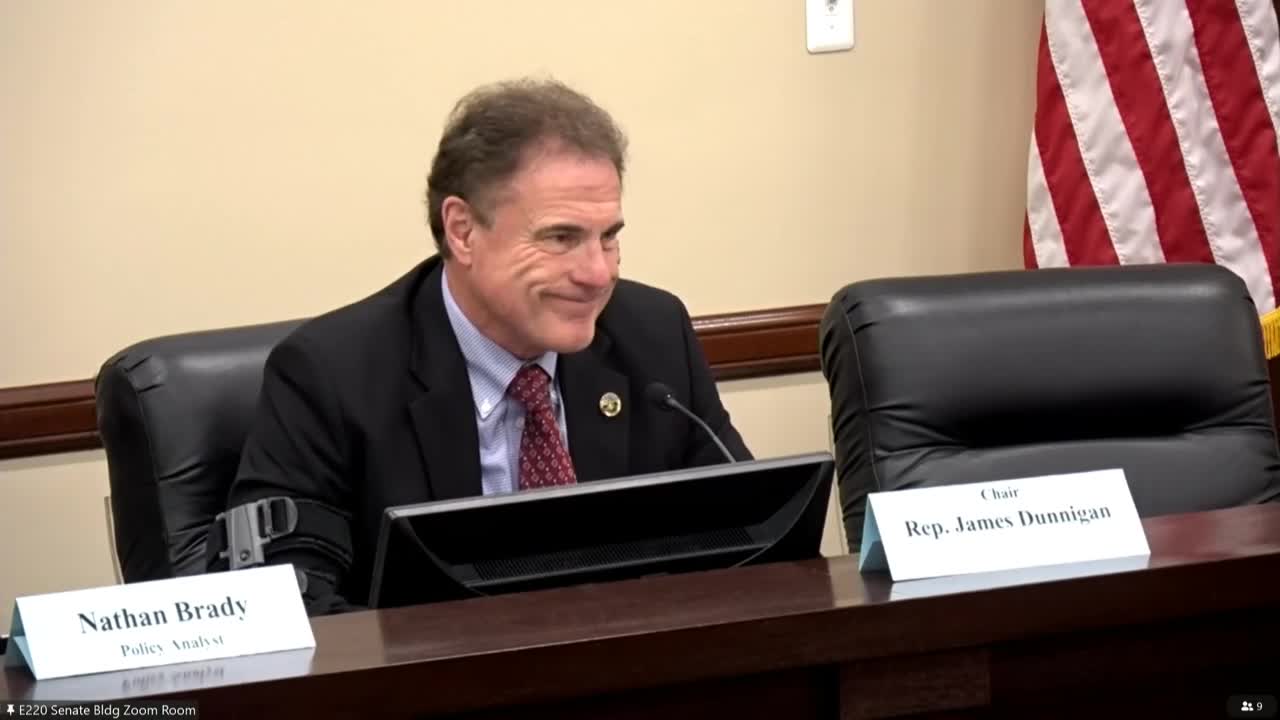
Committee substitutes and then holds convention‑center reinvestment zone bill for further public review
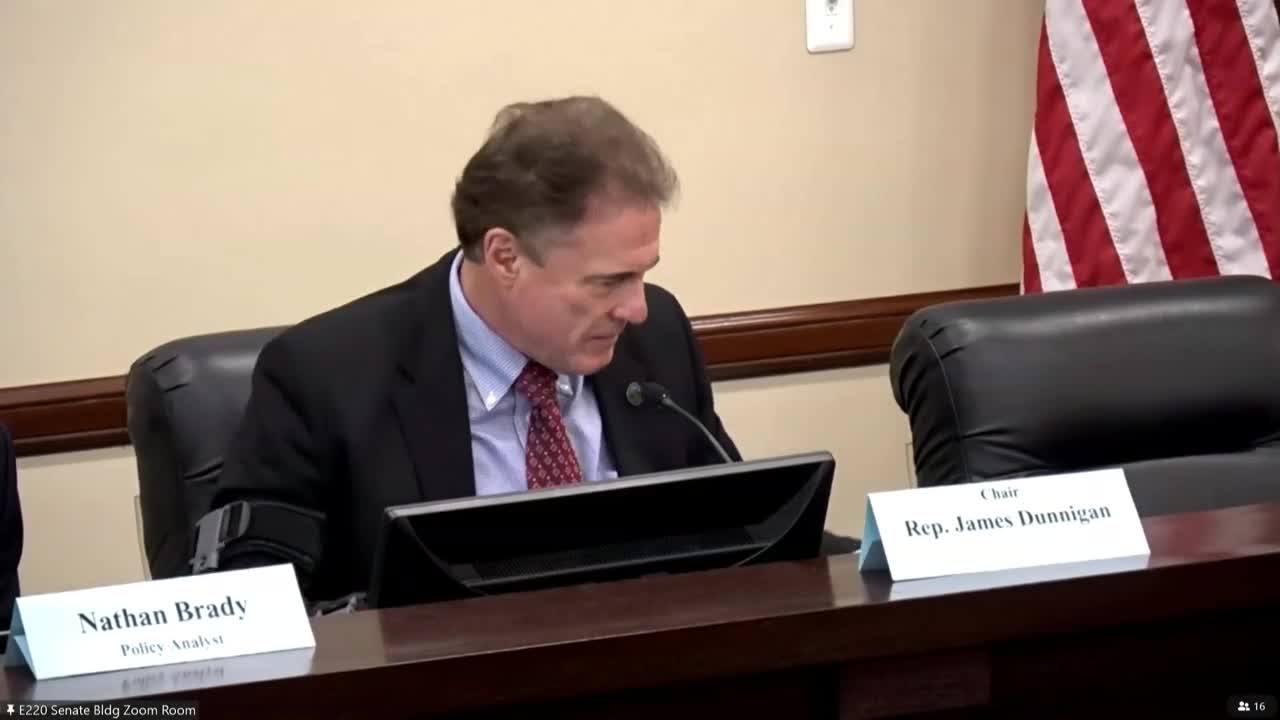
House committee holds bill that would give homebuyers brief priority over investor offers in Salt Lake County
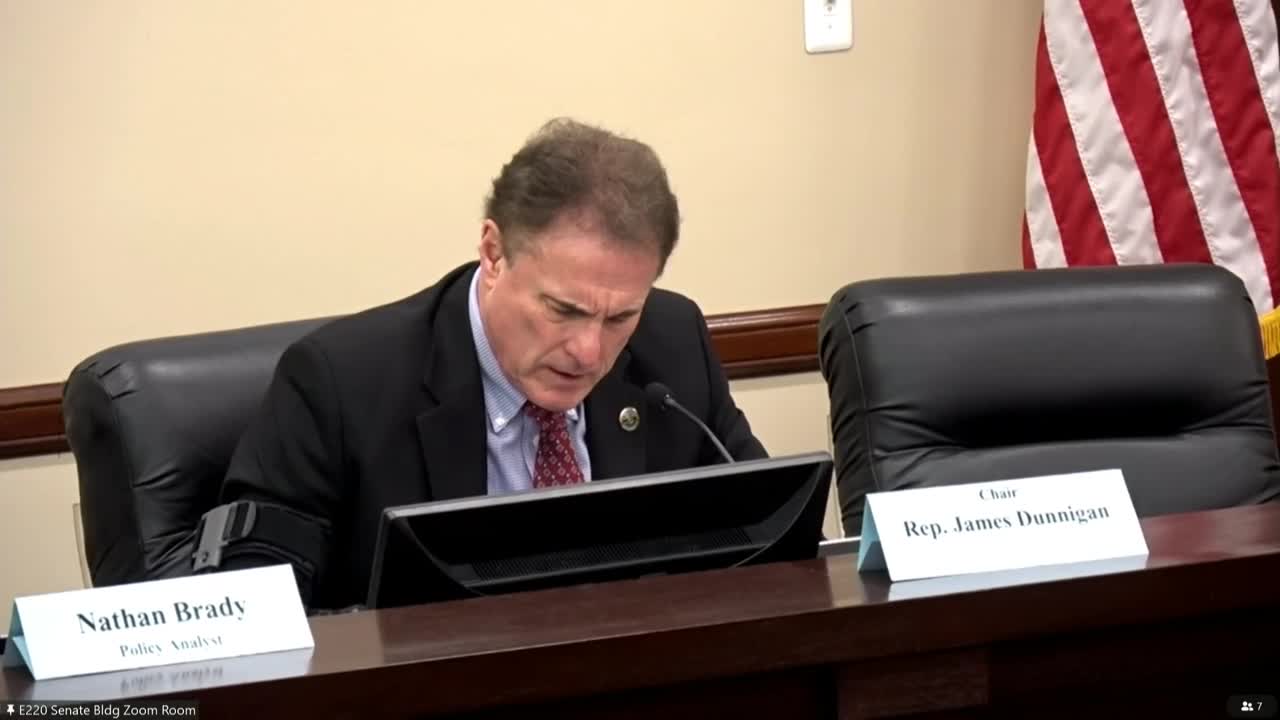
Committee unanimously advances consensus boundary‑line reform to streamline simple property adjustments
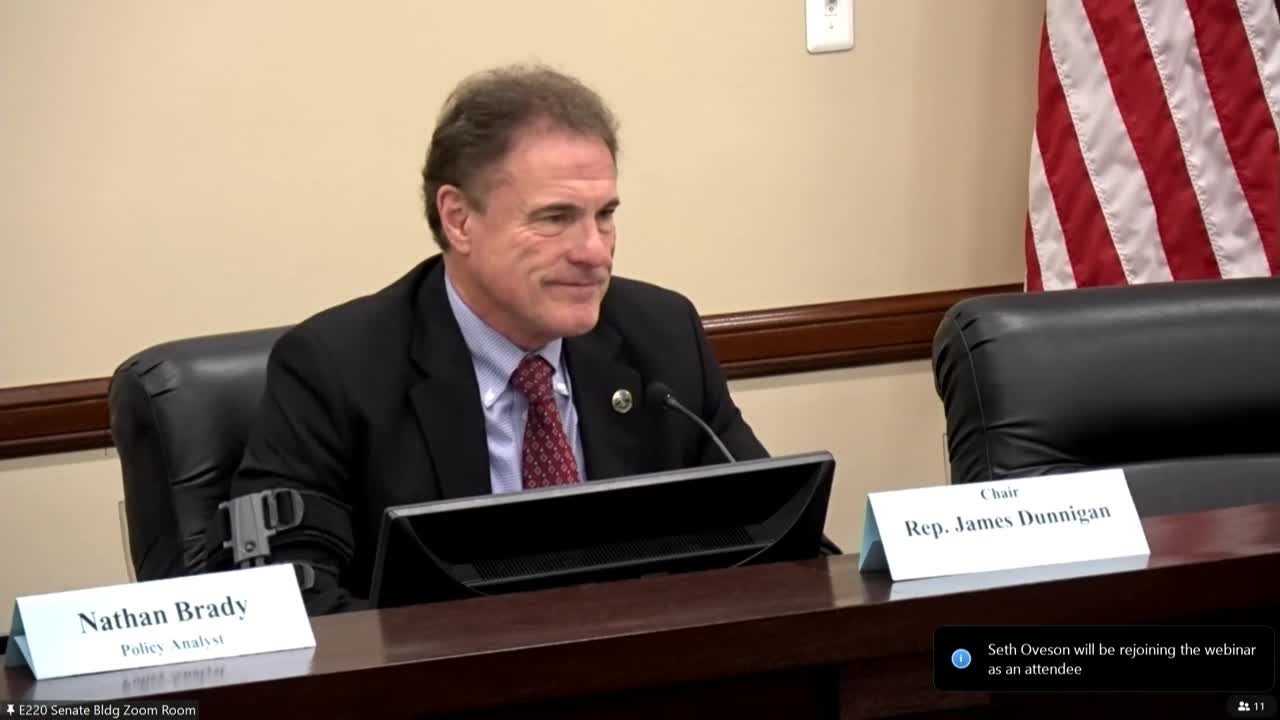
Committee backs first substitute to rely primarily on Utah Population Committee estimates for state uses
